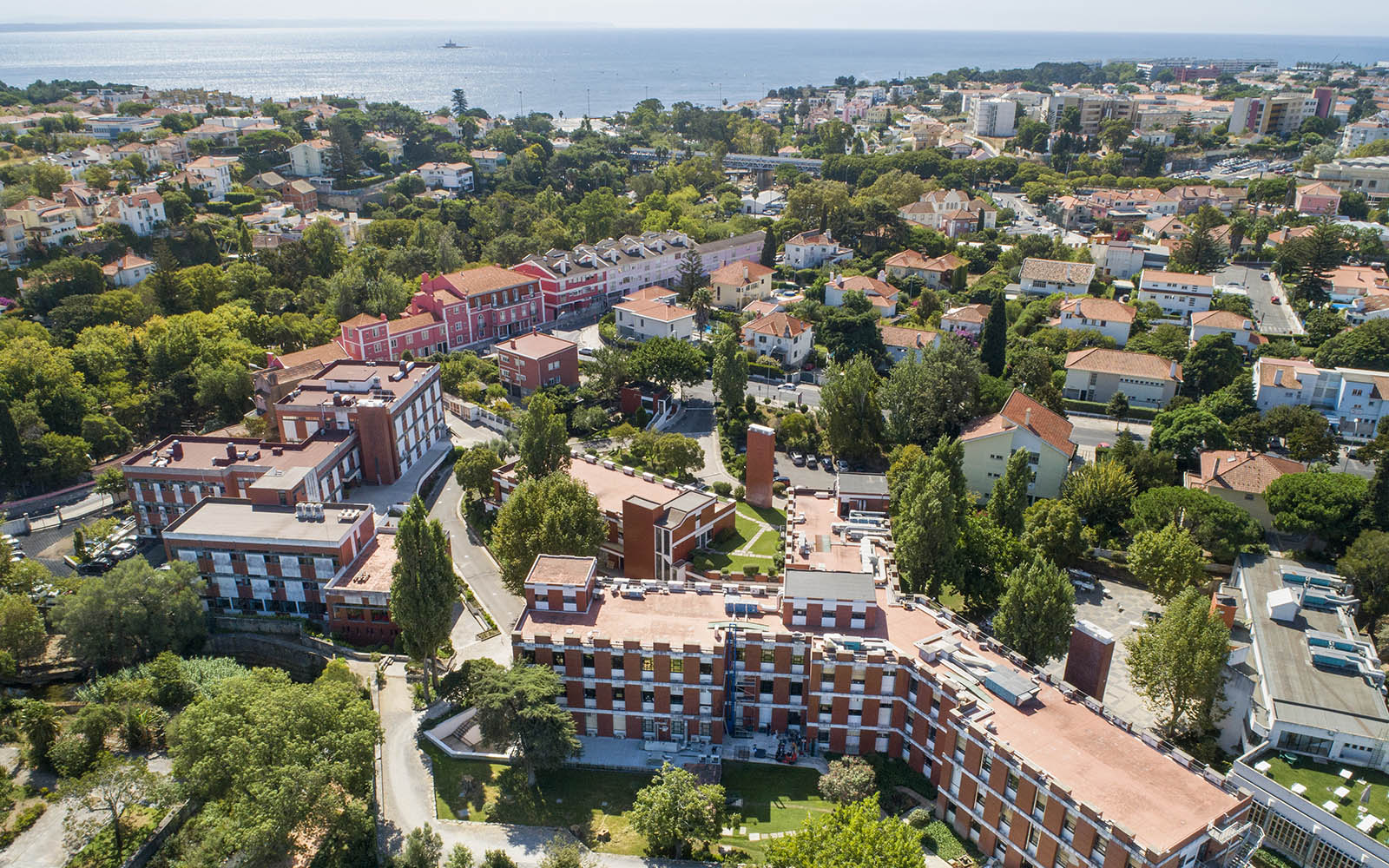The Future of Postgraduate Education
Slider de Eventos
Data
- / Cancelado / Esgotado
Local
Instituto Gulbenkian de CiênciaRua da Quinta Grande, 6
2780-156 Oeiras
Onsite and online open session.
Registration is required for both.
Programa
9:00 – Coffee & Registration
9:30 – Welcome
António Feijó
(FCG President);
Mónica Bettencourt-Dias
(IGC Director);
Isaltino de Morais
(Oeiras Mayor)
Video about the impact of the Program
10:00 – Building on the past toward future
António Coutinho
(Co-Director of PGDBM (1st IGC PhD program); Former Director of the IGC, IGC and Champalimaud Foundation)
Chaired by Ana Godinho
(Head of Education, Communications and Outreach at CERN; IGC Alumni)
10:30 – Making the PhD relevant
Tim Stearns
(Professor, Dean of Graduate and Postgraduate Studies, Vice President of Education The Rockefeller University)
Chaired by Thiago Carvalho
(Science writer, IGC Alumni)
11:00 – Coffee break
11:30 – Important challenges for the future
Round Table organized by current IGC PhD delegates
Sara Baptista
(IGC & ITQB NOVA Innovation Office, IGC Alumni)
Manuel Vasquez
(IGC, PhD Candidate)
Joe Paton
(Champalimaud Research Co-Director)
Ilana Gabanyi
(IGC, Group Leader)
Thiago Carvalho
(Science writer, IGC Alumni)
(IGC, PhD Candidate)
13:00 – 14:00 – Lunch
14:00 – The challenge of interdisciplinary science and the opportunity of AI
Building an interdisciplinary graduate school
Nick Barton
(Professor at Institute of Science and Technology Austria)
Chaired by Tiago Paixão
(Head of Advanced Data Analysis UNIT, IGC; IGC Alumni)
14:30 – Tools for transparent and reproducible science
Susan Holmes
(Professor of Statistics, Stanford University)
Chaired by Isabel Duarte
(PhD CINTESIS, Universidade do Algarve, Faro, Portugal)
15:00 – Coffee break
15:30 – What should PhD training be good for?
Round table
Pedro Santa Clara
(Director at 42 Lisboa and 42 Porto)
Alexandre Quintanilha
(President of the Parliamentary Comission for Education and Science, Scientist and Former Co-Director of PGDBM (1st IGC PhD program)
Isabel Rocha
(NOVA Vice-rector for Science & Innovation)
Marta Agostinho
(EU-LIFE Executive Director)
Moderated by Sara Sá
(Science Journalist in Exame Informática Grupo Trust In News)
17:00 – Wrap up by current Students (IGC PhD Delegates) & Alumni (Joana Sá, LIP, IGC Alumni)
17:30 – Closing session
Pedro Nuno Teixeira
Secretary of State for Higher Education
Mónica Bettencourt-Dias
(IGC Director)
